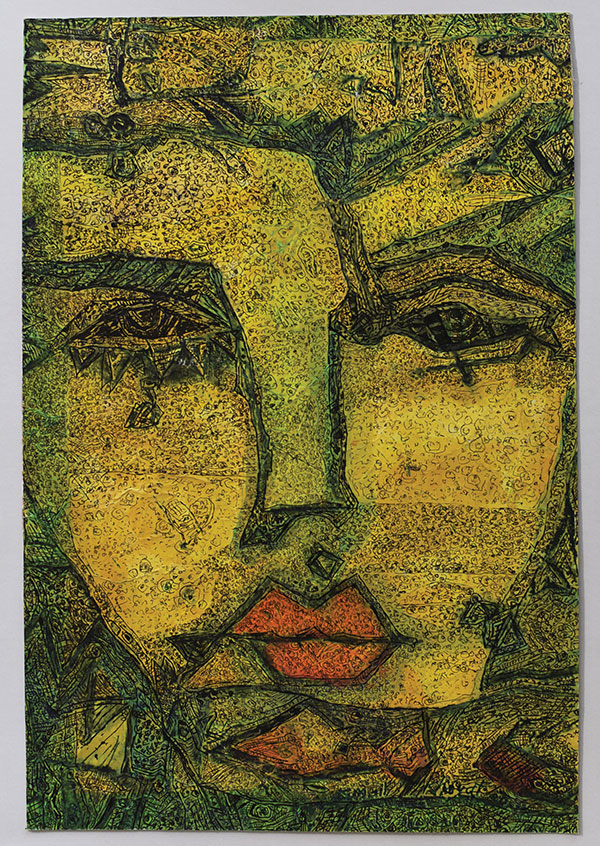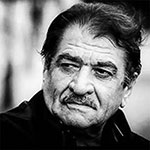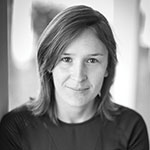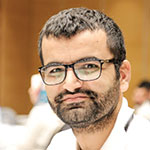Three Poems

Answer
After Halabja* suffocated,
I wrote a long complaint to God
Before everyone,
I read it to a tree.
The tree cried.
From one side, a bird, a postman,
Said, “All right, who will deliver it?
If you are expecting me to take it,
I won’t reach Gods throne.
Late that night,
My angelic poem, dressed for mourning,
Said, “Don’t worry.
I will take it to the heights
Of the atmosphere.
But I won’t promise
He will take the letter Himself.
You know, the Great God
Who can see Him?
I said, “Thank you. Fly.”
My angelic inspiration flew
With my complaint.
The next day, it was returned.
God’s fourth secretary down,
A man by the name of Obaid,
At the bottom
Of the very same complaint,
Wrote to me in Arabic:
“Idiot, make it Arabic.
People here don’t know Kurdish.
They won’t take it to God.”
*Translator’s note: On March 16, 1988, as part of Anfal, Saddam Hussein’s military campaign against the Kurds of Iraq, Halabja withstood a chemical-weapons attack. The largest directed against a civilian population in history, it has been recognized as an act of genocide by the Iraqi High Criminal Court.
Gods
In the year of ’88
All the gods
Could see
The villagers’ bodies
Spitting as they burned,
But none moved.
Only to light
The cigarettes on their lips
Did they incline their heads
To those fires.
Clothes
Bekas* used to say,
“Each joy I wear
Its sleeves are either
Too short or too long,
Too loose or too tight
On me.
And each sorrow I wear
Fits as if it were made for me
Wherever I am.”
* Translator’s note: Bekas here refers to the poet’s father, Faiq Bekas, a famous poet in his own right.
Translations from the Kurdish
See an overview of the special section on Kurdish poetry from this issue.












